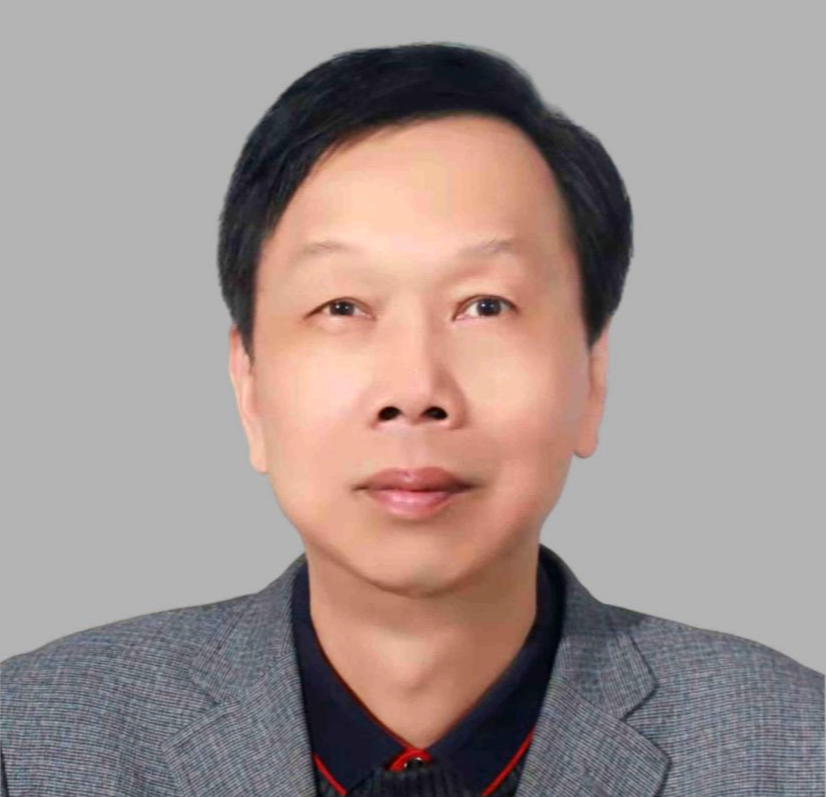
Qu-Quan Wang, Professor of Physics, Southern University of Science and Technology. He obtained B. D. (laser & optics) at University of Science and Technology of China at 1984, M. D. (optics) and Ph. D. (condensed matter physics) at Wuhan University, then, performed post-doctoral researches at Institute of Physics, Chinese Academy of Sciences, and at Department of Physics, University of Texas at Austin (USA). He worked at School of Physics and Technology and Institute of Advanced Studies as an “Outstanding Luojia Scholar” in Wuhan University, and had been engaged in teaching and researches more than 30 years. At January 2022, he joined Southern University of Science and Technology and now works at College of Science and Advanced Light Source Center. His research interests include ultrafast excitation, manipulation, and nonlinear responses of low-dimensional optical nanomaterials, mainly focused on excitonic qubits and spin dynamics of semiconductor quantum dots, surface plasmon resonances and enhanced nonlinear optical effects of metallic nanostructures, and ultrafast energy transfer in strongly coupled plasmon-exciton hybrids. He published 50 research articles in JCR SCI journals of zone 1 (including 3 articles in Phys. Rev. Lett.), with total citations 5500 (10 articles with single citations more than 100) and H factor 41; and also published one book “Quantum Computation and Information Based on Semiconductor Quantum Dots”.
1995/09-1999/12: Department of Physics, Wuhan University, Ph. D.
1987/09-1990/07: Department of Physics, Wuhan University, M. D.
1979/09-1984/07: University of Science and Technology of China, B. D.
2022/1 to present: Department of Physics, College of Science, Southern University of Science and Technology;
2004/09-2021/12: Department of Physics, School of Physics and Technology, Wuhan University;
2003/01-2004/06: Department of Physics, University of Texas at Austin, USA (post-doctor);
2002/09-2004/09: International Center for Quantum Structures, Institute of Physics, Chinese Academy of Sciences (post-doctor);
1990/08-2002/08: Department of Physics, Wuhan University;
1984/07-1987/08: Wuhan Institute of Hydraulic and Electric Engineering.
2018: Outstanding Luojia Scholar, Wuhan University;
2010: First Prize of Excellent Academic Articles in Natural Sciences, Wuhan;
2005: New Century Excellent Talents in University, Ministry of Education, China.
1) S. Ma, D. J. Yang, S. J. Ding, J. Liu, W. Wang, Z. Y. Wu, X. D. Liu, L. Zhou*, Q. Q. Wang*, “Tunable size dependence of quantum plasmon of charged gold nanoparticles”, Phys. Rev. Lett. 126, 173902 (2021).
2) Y. H. Qiu, S. J. Ding, Y. J. Lin, K. Chen, D. J. Yang, S. Ma, X. G. Li, H. Q. Lin, J. F. Wang*, Q. Q. Wang*, “Growth of Au Hollow Stars and Harmonic Excitation Energy Transfer”, ACS Nano 14, 736 (2020).
3) S. J. Ding, H. Zhang, D. J. Yang, Y. H. Qiu, F. Nan, Z. J. Yang, J. F. Wang*, Q. Q. Wang*, H. Q. Lin*, “Magnetic plasmon-enhanced second-harmonic generation on colloidal gold nanocups”, Nano Lett. 19, 2005 (2019).
4) S. J. Ding, X. G. Li*, F. Nan, Y. T. Zhong, L. Zhou, X. D. Xiao, Q. Q. Wang*, Z. Y. Zhang*, “Strongly asymmetric spectroscopy in plasmon-exciton hybrid systems due to interference-induced energy repartitioning”, Phys. Rev. Lett. 119, 177401 (2017).
5) L. Ma, K. Chen, F. Nan, J. H. Wang, D. J. Yang, L. Zhou*, Q. Q. Wang*, “Improved hydrogen production of Au-Pt-CdS hetero-nanostructures by efficient plasmon-induced multipathway electron transfer”, Adv. Funct. Mater. 26, 6076 (2016).